#second punic war
Text

Hannibal Crossing the Alps by Francisco Goya
#hannibal barca#hannibal#alps#italy#art#francisco goya#antiquity#carthaginian#carthaginians#carthage#punic wars#second punic war#rome#ancient rome#ancient carthage#roman#romans#history#europe#european#mediterranean#cisalpine gaul#roman republic
94 notes
·
View notes
Photo

The Second Punic War (218 - 201 BCE).
86 notes
·
View notes
Text

The Evolution of Scipio and Hannibal
Two of the most fascinating characters in antiquity. Their rivalry and eventual respect is the stuff of legend, so I just had to draw them.
#ancient greece#ancient rome#ancient history#ancient africa#antiquity#ancient art#hannibal barca#scipio africanus#punic wars#carthage#art#illustration#history#second punic war#portrait#carthago delenda est#roman empire#rome#roman republic#roman history
23 notes
·
View notes
Text

José Ribelles y Helip (Spanish, 1778-1835)
The Continence of Scipio or The Clemency of Scipio, 1799
Real Academia de Bellas Artes de San Fernando
#José Ribelles y Helip#spanish#rome#neoclassical#second punic war#world history#the clemency of scipio#the continence of scipio#roman general scipio#western civilization#1700s#art#roman general#fine art#european art#classical art#europe#european#oil painting#fine arts#europa#mediterranean#hispanic#latin#artwork#spanish neoclassical#painting#neoclassicism
21 notes
·
View notes
Text
The tale of Hannibal of Carthage, the legendary military leader who defied Rome, is a story of the triumphs and downfall of a strategic genius, best known for his epic Alpine crossing.
31 notes
·
View notes
Text
i hate hannibal not bc it’s a bad tv series i’m just mad that now everytime someone says hannibal i think of hannibal barca and then they give me the 1000 yard stare and ask me what tf i’m talking about
7 notes
·
View notes
Photo
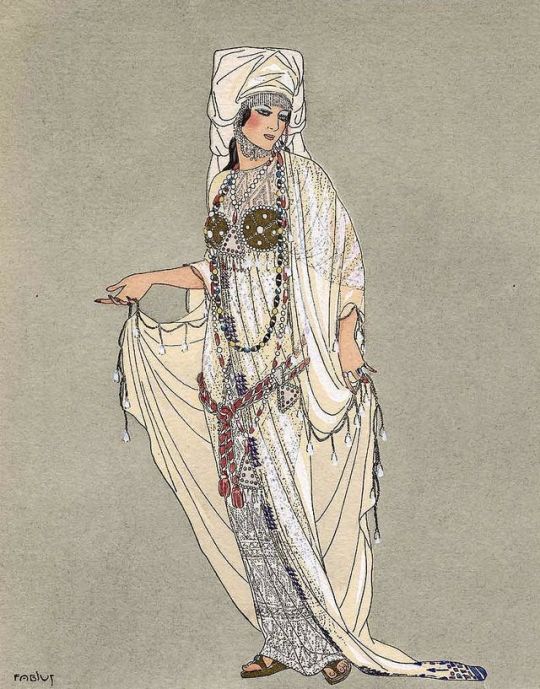
Alberto Fabio Lorenzi, Sophonisbe (Sophonisba). Projet de costume de Worth pour Madame Bartet (Costume design for Madame Bartet in the role of Sophonisba by House of Worth), La Gazette du Bon Ton, 1913.
This project of House of Worth was executed for Mrs. Bartet in the role of Sophonisba. It consists of a large shirt in oriental tulle with a lamé of silver, half covered with an embroidered Indian veil, and a cream coat in an Indian transparent veil. The cabochons are of gold and fine pearls and the belt is a double necklace of orient.
Sophonisba (fl. 203 BC) was a Carthaginian noblewoman who lived during the Second Punic War, and the daughter of Hasdrubal Gisco Gisgonis (son of Gisco). In an act that became legendary, Sophonisba poisoned herself rather than be humiliated in a Roman triumph. (x)
#alberto fabio lorenzi#1913#house of worth#sophonisba#sophonisbe#sophoniba#costume#costume illustration#1910s costumes#1910s costume illustration#noblewoman#carthaginian#second punic war#poisoned#Madame Bartet#Anne Régina Badet#Mme Bartet#la belle epoque#belle epoque#Carthaginian costume#ancient carthage#carthage#Carthagian#carthaginian empire#charles frederick worth#lorenzi#fabius lorenzi
29 notes
·
View notes
Text
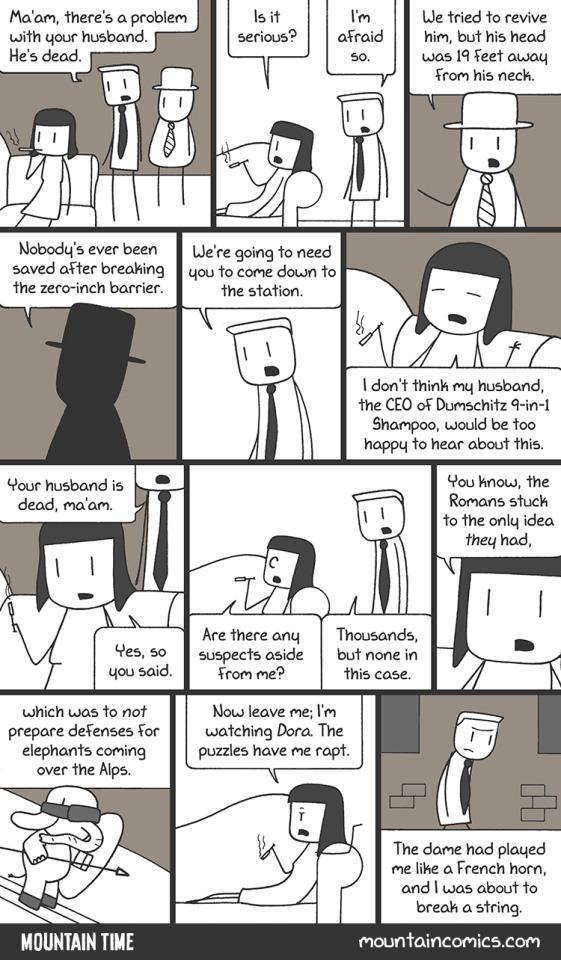
Keep Exhaling
http://mountaincomics.com/comic/mt1210/
4 notes
·
View notes
Note
I recently saw a video about the Punic wars and it mentioned Balearic archers! Then I searched more about it and many foreign powers would specifically hire Balearic mercenary to be archers, haha. Is there any reference to this on the Islands?
I assume you mean the Balearic slingers, it's true! They were renowned since Antiquity and part of both the Carthaginian and Roman armies.
For those who don't know what sling means, it's a weapon that consists on a rope that the slinger swings around with a stone projectile, so it can propel and shoot the stone. Like this:
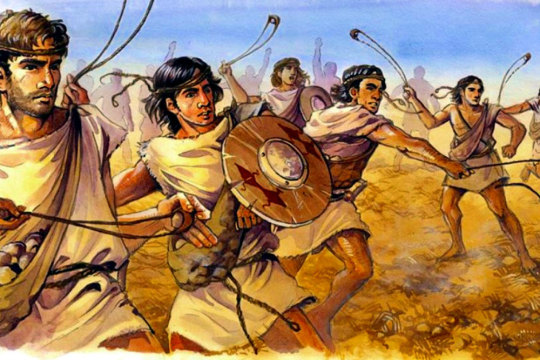
(Image source: Federació Balear de Tir de Fona)
Together with the characteristic shape of their settlements' buildings, the slingers are the most famous element from the ancient Talaiotic culture.
They are known in the Balearic Islands. In the Hort del Rei gardens in the centre of Palma, Mallorca, there is a statue dedicated to a Balearic slinger:
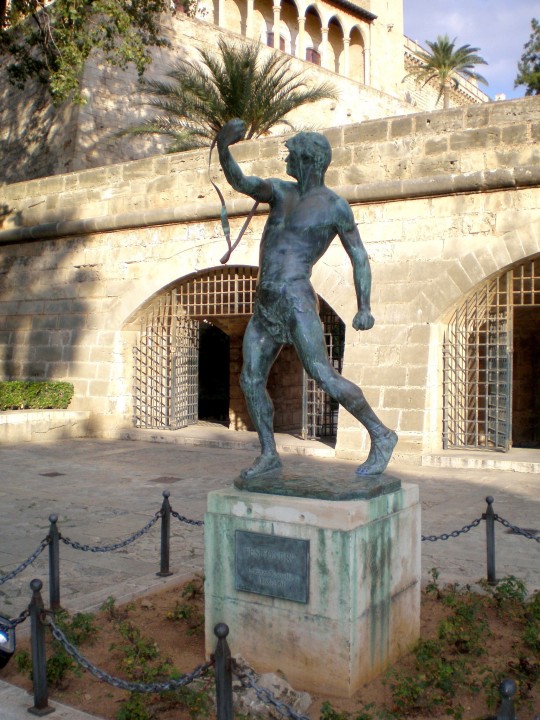
(Image source: Lanoel/Wikimedia)
You can also see slinger's projectiles found by archaeologists:
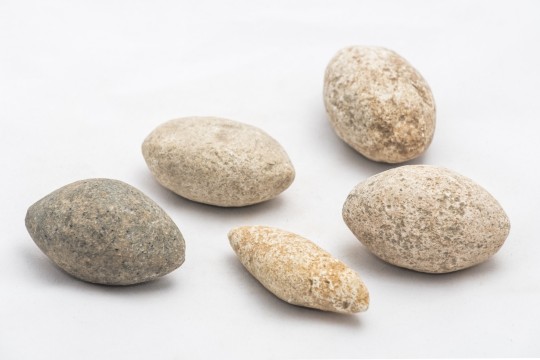
These ones are from Museu de Menorca (source).
And it never got lost! When newer weapons became more available, the sling continued to be in use by the shepherds of the Balearic Islands to control their herds. Nowadays it's considered a sport and there are sling competitions.
#història#illes balears#ask#anonymous#history#archaeology#ancient#ancient history#antiquity#ancient mediterranean#talaiotic#mallorca#ancient rome#second punic war#punic wars#ancient weapons#weapons
31 notes
·
View notes
Text

Hannibal recognises the head of his brother Hasdrubal
by Giovanni Battista Tiepolo
#hannibal barca#hasdrubal barca#art#giovanni battista tiepolo#carthaginians#romans#carthaginian#roman#ancient rome#rome#italy#carthage#history#antiquity#second punic war#punic wars#italia#europe#meditteranean#hannibal#hasdrubal
365 notes
·
View notes
Photo
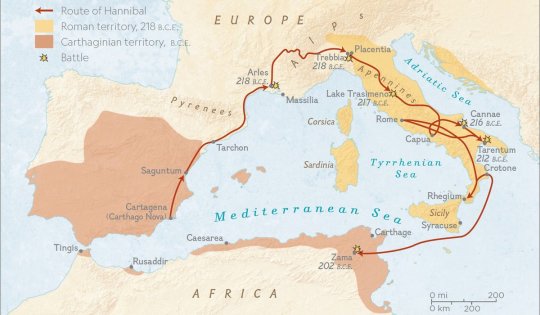
In 218 B.C.E. Carthaginian general Hannibal, in the Second Punic War, crosses the Alps into northern Italy with 40,000 men and 37 elephants and successfully invades Rome.
From National Geographic Book History at a Glance.
by @NatGeoMaps
139 notes
·
View notes
Text
Story I read about a Roman-with-a-dumb-idea today: During the Second Punic War, because Hannibal had killed so many Romans, the Romans raised one of their armies from the slave population (with the implicit promise of freedom). After a year in service the slaves were grumbling that they weren't free yet, and the Roman general said before a battle with Hanno (who wanted to bring reinforcements to Hannibal): "Anyone who brings me the head of an enemy will be free."
The battle started and went well for a time, but then it slowed down because the slaves were busy cutting of the heads of fallen enemies instead of fighting and then carried them around in their hand instead of their swords. So yeah, this Roman did something quite similar to when the British in India put a bounty on cobras, leading to people breeding them.
The general was smart enough to learn from his mistake and declared "no one will be freed unless we win this battle" and they won and then he just freed all of them. Hannibal didn't receive the reinforcements and had to retreat to southern Italy.
(A group of slaves had shown somewhat less bravery than the others during the battle, so they fortified themselves on a hill and said that they will only come back to camp if the get an assurance that freedom won't be taken back from them. They got the assurance - the only punishment for them was that until the end of the campaign they had to eat their dinner standing up, a kind of punishment fitting for free Romans.)
That was the Battle of Beneventum.
1 note
·
View note
Text
war history is actually super interesting but gets a bad rep bc of (SOME) ww1 and ww2 buffs being weirdos. the second punic war kicks ass
1 note
·
View note
Text
Unravel the ancient riddle: Where did Hannibal get his famous war elephants? Were they African or Asian? Join us in exploring the mystery that shrouds one of the greatest military commanders in history.
18 notes
·
View notes
Text
Unfinished Hannibal Barca
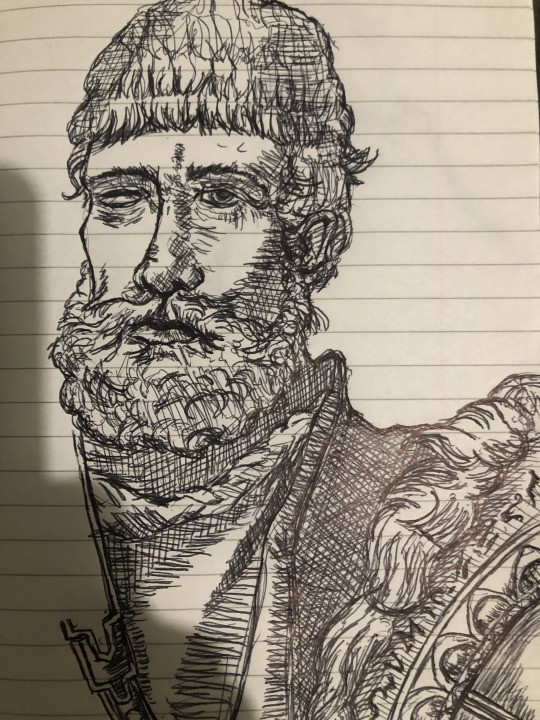
Rough sketch of Hannibal Barca.
1 note
·
View note